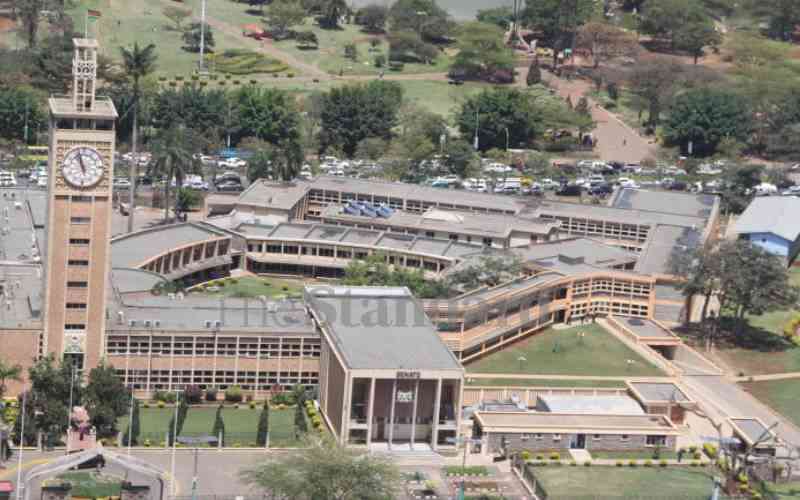×
The Standard e-Paper
Stay Informed, Even Offline

Since the anti-Finance Bill protests began, several deaths have been alleged to have been caused by police officers.
This issue of police killings during protests is not new in Kenya; it dates back to the first recorded protests against the arrest of freedom fighter Harry Thuku near Central Police Station in Nairobi way back in 1922. Unfortunately, police violence in the context of protests has continued unabated.